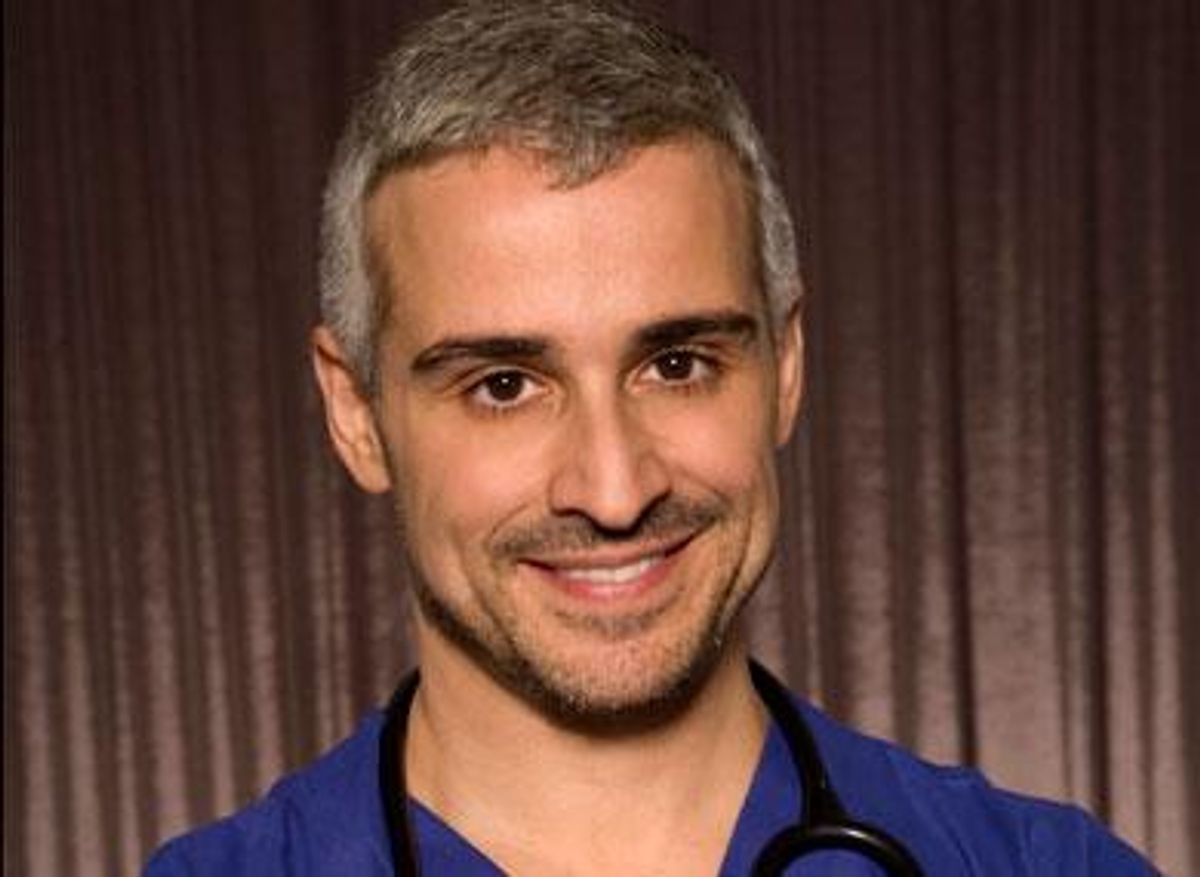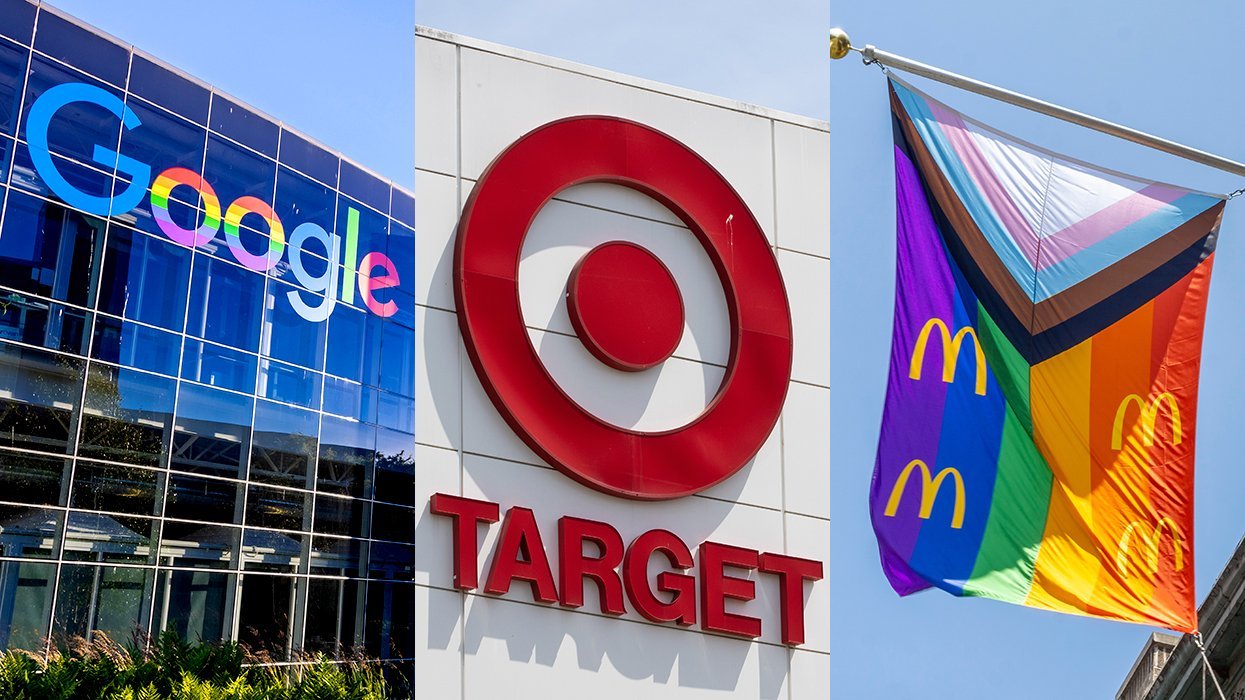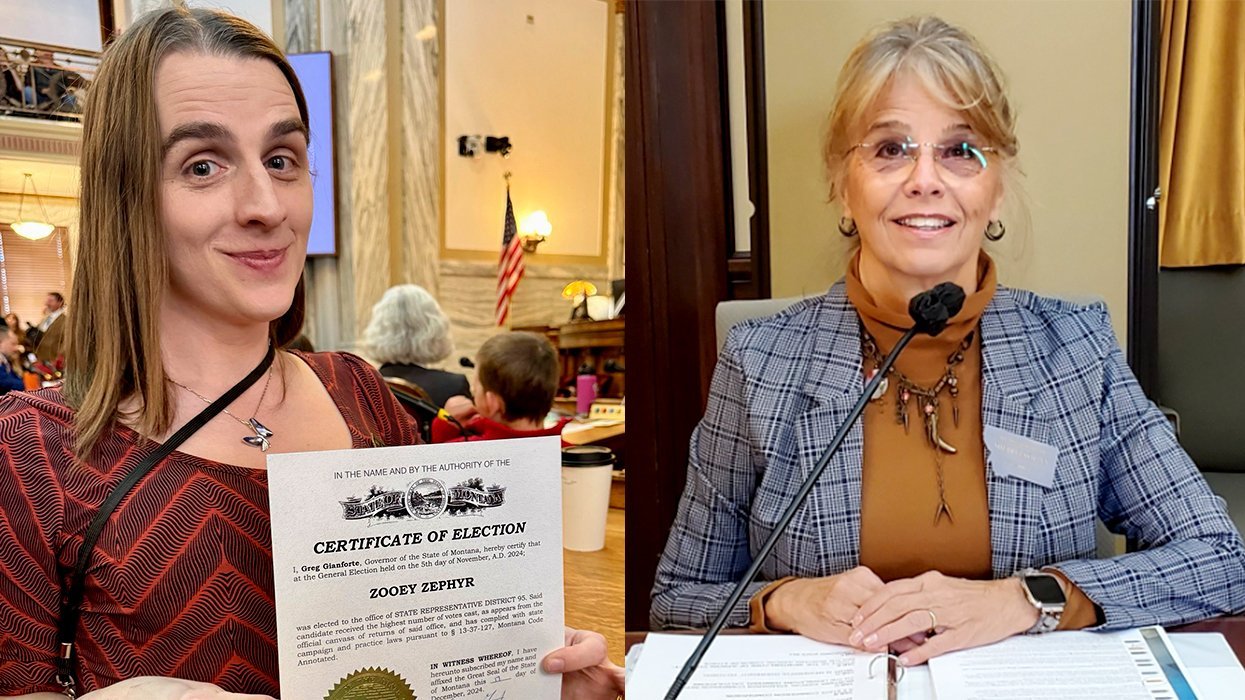
CONTACTAbout UsCAREER OPPORTUNITIESADVERTISE WITH USPRIVACY POLICYPRIVACY PREFERENCESTERMS OF USELEGAL NOTICE
© 2025 Pride Publishing Inc.
All Rights reserved
All Rights reserved
By continuing to use our site, you agree to our Private Policy and Terms of Use.
COMMENTARY: Imagine for a moment that you're a doctor -- a gay doctor with a practice that predominantly treats gay men. Now guess how many text and phone calls you might receive during any given weekend involving questions that have to do with recreational drugs, penile discharge, or the risk of contracting HIV from unprotected sexual encounters. Now take that number and multiply it by 10 if that weekend should occur around Gay Pride, Folsom Street Fair, Gay Days at Disney, or any one of the Atlantis cruises. Welcome to my world.
At this point, you might be thinking, What did you expect when you decided to treat gay men? I knew what I was signing up for. The life of a gay party boy is not foreign to me. I've been to Folsom, Gay Days at Disney, and several Atlantis cruises. But even I struggle to understand the brain of a gay man, especially of those who make the regular 3 a.m. Sunday calls to me seeking advice, reassurance, or quick pharmaceutical relief.
Over the years I have monitored and treated gay men with curiosity. I've concluded that some of the most telling insights into the gay mind come from watching my own (presumably) heterosexual nephews. At age 15 and 16, they don't always listen to their parents, they're eager to push the limits set by their teachers, and when confronted about their risk-taking behavior, they invariably roll their eyes to show their disinterest in having a rational conversation. That's because teenagers, like gay men, are a conundrum, baffling to scientists and doctors.
I'm not alone. My colleagues in Manhattan and Los Angeles give similar reports about their patients. We scratch our heads and wonder why the rates for syphilis are at an all-time high among men who have sex with men. And with all the media attention paid to HIV prevention and risk modification, the majority of new HIV cases in the United States are among gay men.
As doctors, we do our best. I counsel my patients about drugs and sexually transmitted diseases, including HIV. Although I feel confident in my abilities, I still picture my nephews' eyes rolling into the back of their heads when I try to instill some sense of caution in my patients before a circuit event. I don't judge, or at least that is what I tell myself. But I suppose I do. I stopped going out years ago when it became a never-ending merry-go-round of witnessing overdoses and re-treating STDs. I tell myself I'm getting older. When I was younger, I didn't listen either, but the age of the modern-day party boy is well beyond the age when any of us should be referring to each other as "boy." I've read that the average age of an Atlantis cruise ship passenger is 41.
The trouble with gay men is that, like teenagers, they fall prey to the rush of hormones that drive the reward-system network. Essentially, this is the spot in the brain that reacts to desire or a bump of crystal. The body responds to this reward-system network by releasing the neurotransmitters dopamine and norepinephrine. Cocaine raises dopamine levels 400% above normal, and methamphetamine triggers a 1,500% increase in dopamine. Although dopamine affects many parts of the brain and body, the effect is most important on two brain sites: the nucleus accumbens and the ventral tegmentum. These two brain sites are connected by a bundle of cells called the mesolimbic pathway, or the brain-reward center. This is the area of the brain that is most powerfully associated with pleasure and addiction. Stimulating this pathway makes a person want to repeat this behavior in order to feel the reward it brings. Unfortunately, that reward is never truly like the first time -- no matter how much sex you have or how many bumps you take.
Of course, the obvious culprit is that we are fueled by our desires, whether these are sexual or drug-fueled escapes, especially when these desires have been liberated after years of confusion and confinement. Who wouldn't want to go on a sex, drug, and alcohol binge while drifting through the Caribbean on a gay cruise where there are no judgmental eyes watching your every move?
On February 6 the Royal Caribbean ship Allure of the Seas set sail from Port Everglades, Fla. In what was billed as the largest gay cruise ever, Atlantis hosted more than 5,400 passengers. "Where does it go?" I asked one patient as he reviewed a list of prescriptions he would need for his upcoming trip: Cialis, Xanax, and Ambien ...
"Who cares," he said. "I'm never getting off the boat." Several days later the text messages started to arrive, "This trip is a disaster. Guys are overdosing left and right. The authorities boarded the ship and arrested a drug dealer. They have dogs and they're making surprise room searches."
When I read the article online and spoke to passengers upon their return, I felt angry. In a time when gay men and women want to be taken seriously so that we can serve openly in the military and have the legal right to marry, isn't counterproductive to read about the drug busts and overdoses on a floating circuit party? Or maybe we just want it all -- the rights we deserve and the option to choose which, if any, fit into our particular circumstances and plans.
The normal reward system in the brain serves a vital evolutionary purpose. As this center matures it helps us deal with the terrifying realities that face us in the modern world. This world also includes access to illegal drugs and risky sex. If these signals continue to trigger the reward system, they may lead to anxiety, depression and addiction. On the other hand, the cognitive control network is the part of the brain that acts like our moral conscience. In teenagers, the reward-system network matures rapidly due to the rush of hormones. These hormones do not speed up the cognitive control network. In fact, cognitive control matures slowly. So then why doesn't an adult gay man have the cognitive control to chaperon their risk-taking behavior? One explanation is that most gay men do not feel the same pressures of responsibility as most heterosexual men. Gay men who enjoy circuit events are more likely to be single. If they are in a relationship, the couple often negotiates rules that include three-ways or sexual encounters outside their relationship. More often these men do not have children. This freedom supports exploratory behavior to indulge in sex and drugs. For most teenagers, gaining control of the reward-system center comes with maturity, especially as their cognitive center develops. Unfortunately for some gay men, the strong impulses of the reward-system center often outweigh the associated risks that face the average partygoing male.
If 5,400 people, mostly gay men, go on an Atlantis cruise, what percentage will succumb to the impulses of the reward system by using recreational drugs, drinking alcohol, and engaging in unsafe sex? Now take that number and multiply it by 10. Despite the arrest, Atlantis announced that it will repeat the trip in 2012. I hope it's over a weekend when I'm not on call.
From our Sponsors
Most Popular
31 Period Films of Lesbians and Bi Women in Love That Will Take You Back
December 09 2024 1:00 PM
18 of the most batsh*t things N.C. Republican governor candidate Mark Robinson has said
October 30 2024 11:06 AM
True
These 15 major companies caved to the far right and stopped DEI programs
January 24 2025 1:11 PM
True
Trump ally Laura Loomer goes after Lindsey Graham: ‘We all know you’re gay’
September 13 2024 2:28 PM
Latest Stories
When it comes to Trump's transgender military ban, 'surrender is not an option'
March 10 2025 7:00 AM
This gay man was fired by DOGE. Now he's struggling to get access to critical medication
March 10 2025 6:00 AM
Massive turnout at Democratic lawmakers’ town halls as Republicans hide from voters
March 09 2025 1:46 PM
Wyoming governor signs anti-transgender bathroom bill allowing for lawsuits
March 08 2025 6:10 AM
Montana Republicans block GOP anti-drag bill after emotional debate
March 07 2025 5:54 PM













































































